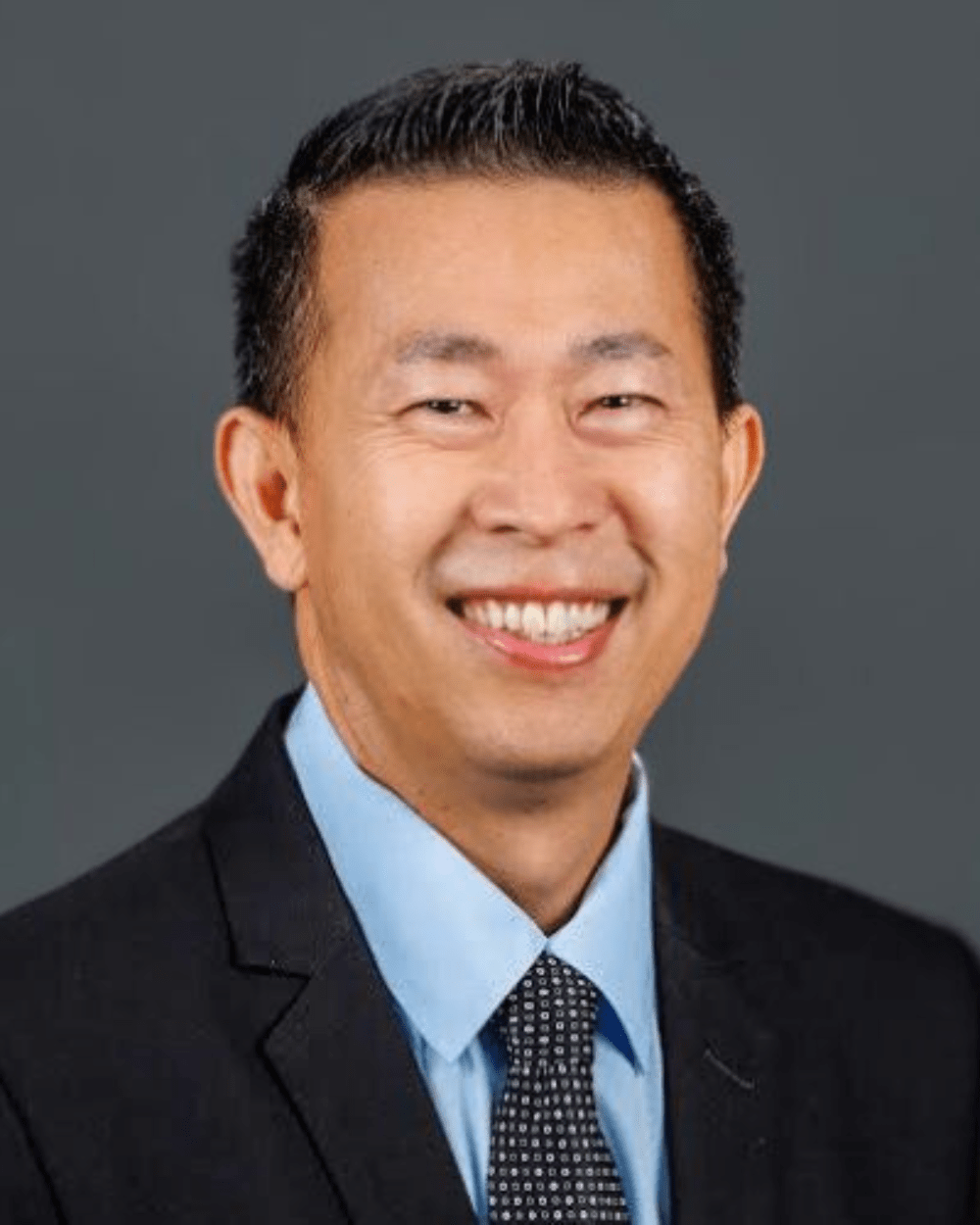For today’s #WhoWeAreWednesday, we feature an interview with AI&F Contributing Fellow on the Networking Team, Mike Truong. Mike believes AI in education has the power to transform lives and lead to human flourishing. For over 20 years, he helped to establish and scale various academic and digital initiatives in higher education. As an edupreneur, he has co-founded several educational ventures, including a research university, a business/IT school, a university innovation alliance, a teaching-learning center, an educational technology office, and an AI education consulting firm.

At Azusa Pacific University, he spearheaded the “Artificial Intelligence in Academia” initiative designed to help faculty effectively and ethically integrate AI into their teaching, research, and administrative work. He also serves as a co-principal investigator on two grant-funded AI research projects, focusing on AI’s practical applications and ethical considerations in education.
His international experience includes consulting with universities in Asia, serving as a U.S. Fulbright Specialist in Vietnam, and working on USAID projects focused on higher education reform in Vietnam. He teaches graduate courses on leading change for APU and Johns Hopkins. He earned his MA and PhD degrees from UC San Diego. After 27 years as a Protestant Christian, he recently converted to Catholicism.
How would you describe your experience with AI?
My first exposure to AI was in high school. I remember my science teacher telling us about the “Turing Test” and how one day we won’t be able to tell the difference between talking with a human or a robot. The class didn’t propel me to explore AI in depth, but what it did was spark my imagination about the potential of technology to “become human.” My first encounter with AI began in January 2023 when I signed up for a free ChatGPT account. In the ensuing months, I dabbled around with various models from Claude, Microsoft, Google, and others. Since I was in charge of faculty training at my institution, I started doing a deep dive into how generative AI would impact teaching, learning, research, and administrative work of a typical faculty.
How would you describe your faith background?
I grew up in a non-religious family. When I was a senior in college, I became a born-again Christian after attending a college Christian fellowship. I was spiritually hungry, so I read many books, attended many Bible studies, and sought spiritual mentors. After 27 years as a Protestant Christian, I recently joined the Catholic Church.
What led to your interest in the intersection of AI and faith?
I learned to integrate my faith and my work when I first started working in Christian higher education over ten years ago. I was challenged to think about how my Christian faith informed my work as an educational technologist and how my knowledge of education technology informed my Christian faith. As a Christian educator in the age of generative AI, I am asking questions about AI’s impact on higher education, namely how it will change and/or transform current practices, such as teaching, learning, research, and administration.
Why are you involved with AI&F?
Currently, I am active with the Networking Team (NT) with Daren Erisman and the Coordinating Catholic Connections (CCC) with Yuriko Ryan. The NT focuses on building connections among current AIF experts and promoting opportunities and conversation on faith perspectives on AI. The CCC has been working on convening Catholic colleagues within and beyond AIF to develop a professional learning community.
How does AI&F affect your work outside the organization?
Since I work at a Christian higher education institution, my involvement with AIF aligns well with my professional identity. I often share about my involvement with AIF with my Christian and non-Christian colleagues, basically anyone who is a person of faith. I also draw from the AIF community to inform the work I do at my institution and beyond.
What open problems in AI are you most interested in?
I am fundamentally interested in how generative AI will impact and change higher education. In 1984, Benjamin Bloom, an education theorist, wrote a seminal paper highlighting the Two Sigma Problem. He argued that students could achieve significant learning gains when they receive one-on-one tutoring, compared to those who participate in traditional classroom instruction. One-on-one tutoring is costly, time-consuming, and logistically challenging. However, with the emergence of generative AI, many educators believe that we are at the cusp of cracking the Two Sigma Problem.
Views and opinions expressed by authors and editors are their own and do not necessarily reflect the view of AI and Faith or any of its leadership.


